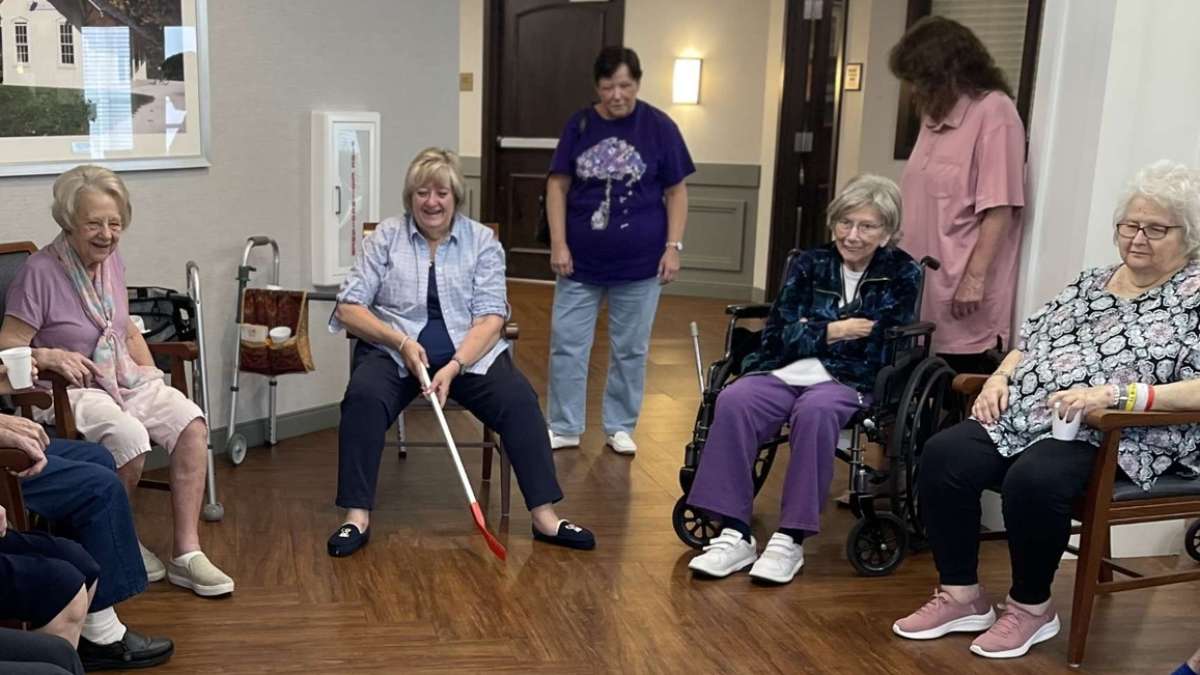
When a loved one begins to need more daily support, many families face a tough decision: continue care at home or explore assisted living. Each has its advantages—and understanding the differences can help your family feel more confident about what’s next.
- In-Home Care Offers Familiarity
For seniors who prefer to stay in their own home and only need occasional help, in-home care can provide personalized support with daily tasks like meals, bathing, and medications. But as needs increase, costs can rise, and isolation may become a concern. - Assisted Living Offers Built-In Support
Assisted living communities provide 24/7 care in a secure, social environment. From medication management to shared meals and activities, residents receive consistent support without losing their independence. - Consider Your Loved One’s Needs
Assisted living may be the better fit if your loved one has had a recent fall or hospitalization, struggles with meal prep or medications, or seems lonely at home. It also eases the caregiving burden for families who are feeling overwhelmed. - Key Differences at a Glance
- Social Interaction: Daily activities and friendships in assisted living help reduce isolation.
- Cost Structure: In-home care may add up quickly; assisted living typically includes housing, meals, and care in one monthly rate.
- Safety: Emergency support is always available in assisted living; in-home care may have gaps unless round-the-clock help is arranged.
- Social Interaction: Daily activities and friendships in assisted living help reduce isolation.
- Brentwood’s Approach to Care
At Brentwood Healthcare Center, we help families navigate this decision with empathy and transparency. Our assisted living community offers support that evolves with your loved one’s needs—ensuring safety, dignity, and peace of mind.
Choosing the right care option is never easy, but you don’t have to decide alone. We’re here to support you at every step.



